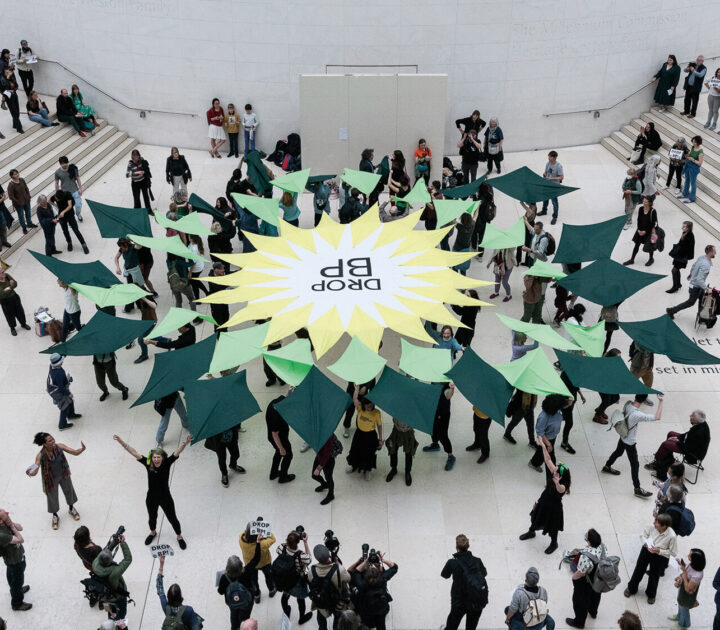Sustainable agriculture in Nestlé's supply chain: How to get everybody on board?
In May 2000 Peter Brabeck-Letmathe, Nestlé’s CEO, had presented the company’s new strategy: Instead of “just” selling food and beverages, Nestlé intended to earn a reputation as an expert in nutrition, health and well-being–“good food, good life.” Hans Jöhr’, Head of Agriculture at Nestlé was reviewing the strategy for sourcing agricultural raw materials at the same time. He was sure that the new business concept would also call for a different approach in his department, as Nestlé progressively evolved from a food and beverage company to a food and beverage, nutrition, health and wellness company. This would also possibly increase consumer expectations of the brands. The survey showed that aspects of sustainable development within the supply chain, based on the three pillars of sustainability would be of increasing importance in the future. In light of this, Jöhr was convinced that his goal would be to create a sustainability strategy for the upstream part of the supply chain: including input suppliers (chemicals, seed and animal feed), farmers, primary processors and trade. But first, he needed to answer some questions: How could he implement this strategy within Nestlé? Should he set priorities more internally or should he focus on the supply chain? Which business units and functions should be involved? What arguments did he need to use to get these colleagues on board?
2000-2003 (ongoing)
Cranfield University
Wharley End Beds MK43 0JR, UK
Tel +44 (0)1234 750903
Email [email protected]
Harvard Business School Publishing
60 Harvard Way, Boston MA 02163, USA
Tel (800) 545-7685 Tel (617)-783-7600
Fax (617) 783-7666
Email [email protected]
NUCB Business School
1-3-1 Nishiki Naka
Nagoya Aichi, Japan 460-0003
Tel +81 52 20 38 111
Email [email protected]
IMD retains all proprietary interests in its case studies and notes. Without prior written permission, IMD cases and notes may not be reproduced, used, translated, included in books or other publications, distributed in any form or by any means, stored in a database or in other retrieval systems. For additional copyright information related to case studies, please contact Case Services.
Research Information & Knowledge Hub for additional information on IMD publications
The case study delves into strategic transformation and leadership transitions at Unilever since 2009. Unilever has been an industry leader of busi...
In recent years, sustainable leadership has emerged as a powerful force reshaping corporate strategies worldwide. At its core, sustainable leadersh...

Research Information & Knowledge Hub for additional information on IMD publications
Research Information & Knowledge Hub for additional information on IMD publications
Research Information & Knowledge Hub for additional information on IMD publications
in I by IMD 5 July 2024
Research Information & Knowledge Hub for additional information on IMD publications
Research Information & Knowledge Hub for additional information on IMD publications
Research Information & Knowledge Hub for additional information on IMD publications
in Hitotsubashi Business Review Summer 2024, vol. 72, no. 1
Research Information & Knowledge Hub for additional information on IMD publications
in I by IMD Magazine June 2024, no. 14, pp. 48-53
Research Information & Knowledge Hub for additional information on IMD publications
in I by IMD Magazine June 2024, no. 14, pp. 33-35
Research Information & Knowledge Hub for additional information on IMD publications
Research Information & Knowledge Hub for additional information on IMD publications







